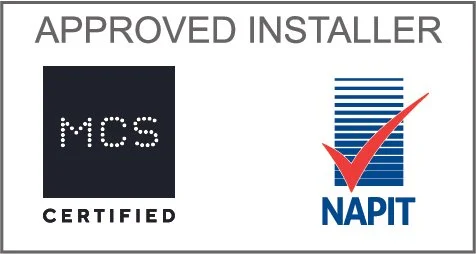What’s New in the Boiler Upgrade Scheme: Key Updates from the Government.
Recently the Government announced additional funding to support the continued roll out of low carbon heating and to make it more affordable for everyone. In this blog we discuss the growth in the sector and what the Business Upgrade Scheme supports today.
Welcome to Heat Horizons – A New Era of Smarter, Sustainable Heating
Heat Horizons, is a renewables company based in the South of England focused on battery-buffered heat pumps, solar and smart energy systems. Our mission is simple: make sustainable heating clear, trusted and accessible.
Renewables Surpass Coal for the First Time: What It Means for Home Heating?
For the first time in history, renewable energy has overtaken coal globally.
This major milestone signals a cleaner, smarter future for electricity — and for how we heat our homes. Find out what this shift means for UK homeowners considering heat pumps, solar, and smart energy solutions.
Why Ofgem’s Financial Rules Matter for UK Energy Customers
Ofgem has stepped in with new financial rules: to protect your money, raise industry standards, and make sure the companies powering Britain’s energy transition are built to last.
Why MCS Matters: Confidence and Benefits for Renewable Energy Users
Choosing an MCS-accredited installer is essential for solar panels, batteries, or heat pumps. MCS is the UK’s quality mark, ensuring products and workmanship meet strict standards. It gives you access to incentives like the Smart Export Guarantee and the Boiler Upgrade Scheme (up to £7,500 off a heat pump), plus consumer protections on deposits and warranties. Most importantly, it ensures your system performs properly, adds value to your home, and cuts energy bills.
Understanding HIES: Protecting Homeowners in Renewable Energy Projects
When choosing a renewable energy installer, look for HIES membership. HIES is a government-approved consumer protection scheme covering solar, batteries, and heat pumps. It safeguards your investment with deposit cover, insurance-backed guarantees, and free dispute resolution. Only vetted companies can join, so you can trust their standards. Combined with MCS certification, HIES ensures technical quality and strong consumer protection — giving you confidence, peace of mind, and security in your renewable investment.
Why Individual Action on CO₂ Really Matters
It’s easy to think one household can’t change the climate crisis — but individual action adds up. A heat pump can save 2–3 tonnes of CO₂ a year, solar panels another 1–2. Multiply that by millions of homes, and the impact is huge. Every kWh of renewable energy displaces fossil fuels and inspires others to follow. Your choices don’t just cut bills — they’re part of a collective shift that changes the world.







